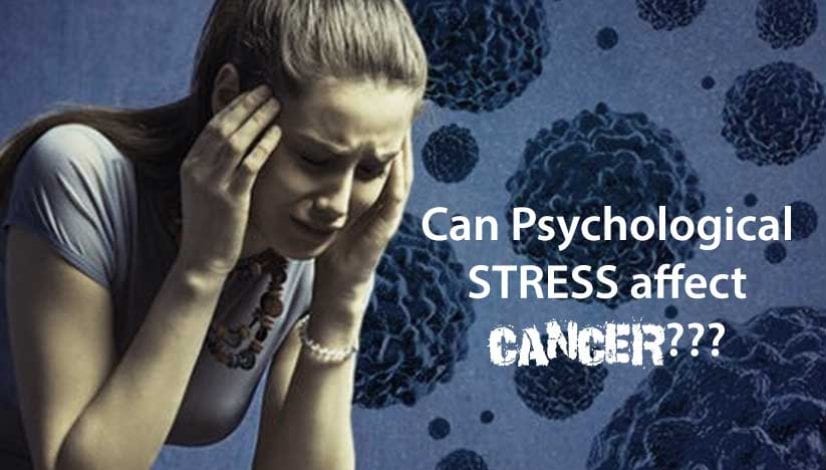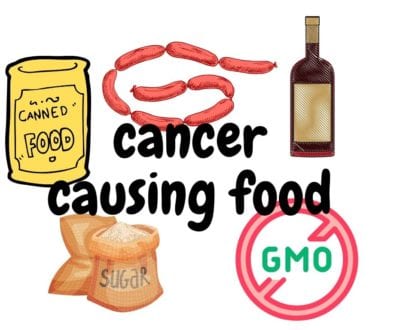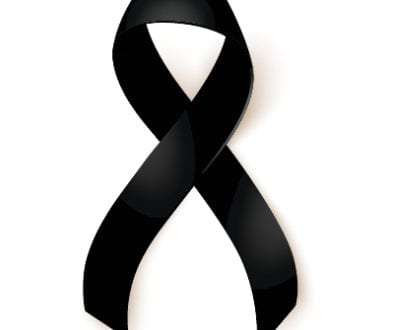Can Psychological STRESS affect CANCER?
Stress is inevitable and a normal reaction to a perceived threat in day-to-day life. When your brain senses some danger, it stimulates secretion of stress hormones. These hormones basically alert each and every cell in the body for fight-flight reaction, which decreases the body’s ability to feel pain, strengthens body temporarily in case you need to run and sharpens mental focus to plan and escape.
Some people might also experience loss of appetite or excessive hunger and disrupted sleep cycles when facing a threat-like situation in life. This is majorly because a greater chunk of energy is focused to overcome the stressful situation leading to an adrenaline rush, while other processes of the body such as digestion, immunity are compromised. Little bumps are needed to help you achieve your goals which otherwise you would not have, but it is no mystery that prolonged stressful situations can have various implications on your body.
In addition, distress is also associated with three important processes for carcinogenesis:
alterations in DNA repair, an increase in the frequency of sister chromatid exchange, as well as indirect effects through the poorer destruction or elimination of abnormal cells.
Most carcinogens appear to induce cancer by damaging the DNA in cells, thereby producing mutant cells. The body’s defences include enzymes that destroy chemical carcinogens, processes for identifying and repairing damaged DNA and the destruction of mutant or unrepaired DNA by the immune system. The processes for repair or destruction of damaged DNA are critical, since faulty DNA repair is associated with an increased incidence of cancer.
There is substantial evidence from both healthy populations under stress as well as individuals with cancer associated psychological stress for immune down-regulation which in turn enhances chances of faulty DNA repair mechanism in healthy individuals and poor prognosis for cancer patient.
Data from studies suggest that even common-place stressful events are associated with transient decrements in a number of immunological functions. For example, Natural killer cells (NK) helps body to overcome both tumours and virally infected cells. Significant declines in NK cells were found in students on the day of final examinations, in contrast to
a lower-stress period 1 month prior to exams.
Also patients who were more depressed showed significantly poorer repair of damaged DNA than their less depressed counterparts. Whereas, among women with stage I or II cancer, proactive innate immunity was associated with the perception of high-quality emotional support from a spouse or significant other and perceived social support from the patient’s physician. Researchers found that there was a reduction in overall stress when a combination of medical and psychological interventions were used. Additionally, physical symptoms, such as fatigue, pain, insomnia, appetite loss, diarrhoea, and constipation, were also less frequent.
Psychoneuroimmunology studies suggest that behavioural factors may influence the
incidence or progression of cancer through psychosocial influences on immune function.
Stressful circumstances are beyond our control, eventually it is our attitude in taking action
towards stressors that makes a big difference on our health.
References:
–https://www.medicalnewstoday.com/articles/322490.php
–https://www.cancernetwork.com/patient-care/how-can-we-improve-stress-levels-cancer-
patients
–Kiecolt-Glaser, J.K. and Glaser, R., 1999. Psychoneuroimmunology and cancer: fact or
fiction?. European Journal of Cancer, 35(11), pp.1603-1607.




